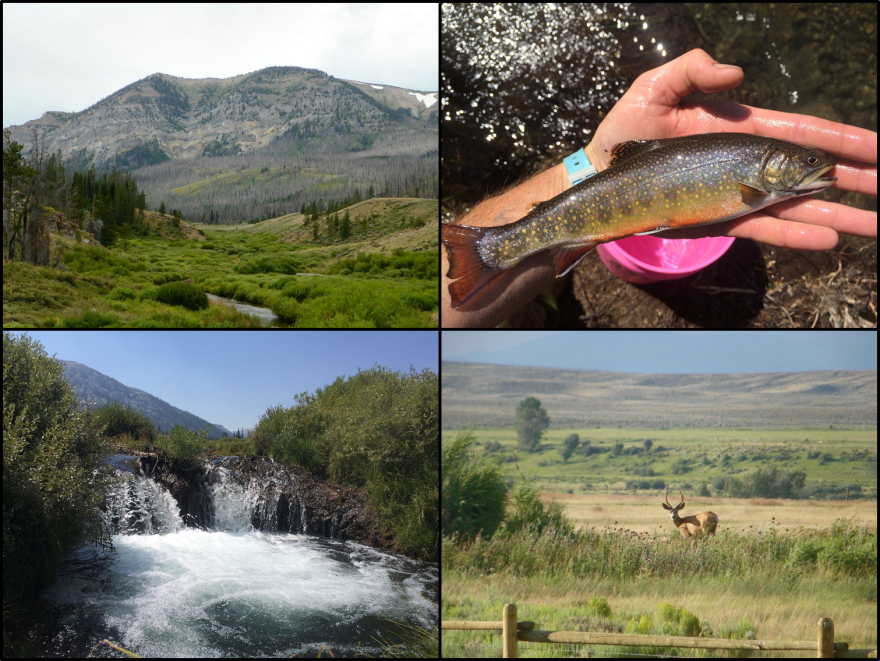Crowdfunding is a term you have probably heard recently. The idea is to solicit a large number of small to medium donations in order to fund some kind of project or product development, and there are many online platforms that allow their users to do just that. While It’s not difficult to find crowdfunding proposals online ranging from heartwarming to ridiculous, some scientists are now looking to crowdfunding as a way to finance their research.
“I’m currently looking for about $5,000 and part of that’s going to support an undergraduate researcher, hopefully a motivated one that I can find here at the University of Wyoming. Last I checked the average donation is about $38 to $39,” said Rich Walker, a Ph.D. student at the University of Wyoming who was hoping to secure research funding through an online crowdsourcing platform when I spoke to him for this story.
Walker had the advantage of working with DulcineaGroff, a Ph.D. student at the University of Maine who has had luck securing research funding through crowdsourcing platforms in the past. “Two years ago we started a campaign on the same platform -- experiment.com -- and we raised about $11,000, in a month. And I think I would attribute that success to one of the people who -- my advisor actually -- has a huge social media presence on Twitter,” Groff told Utah Public Radio.
At the time this story was published, Walker and colleagues had reached their crowdfunding goal of $5,000. However, that is a tiny amount as far as most scientific funding goes. Many large research projects have annual budgets exceeding a million dollars. Prior to World War II, a large amount of scientific funding came from private donations, but since then government agencies have provided much of the research funding upon which scientists depend. As welcome a tool as online crowdfunding may be to researchers, it is questionable if it will ever be sufficient to replace the large and competitive research grants upon which so much of scientific inquiry depends.
“We’re not going to build new particle accelerators with $25 contributions at a time," said David Kaiser, who teaches physics and the history of science at MIT. "I don’t see the newer options as a kind of the panacea. I don’t think we’ll ever replace the scale or really the kind of infrastructure we have for trying to do scientific research today.”
Crowdfunding may be an important new tool for getting scientists and their research off the ground, or funding side inquiries, but if scientists are going to continue to detect Higgs Bosons and global impacts of climate change, they will still need to rely on large funding opportunities. At least in recent history, those grants have come from federal agencies like NASA and the National Science Foundation.


